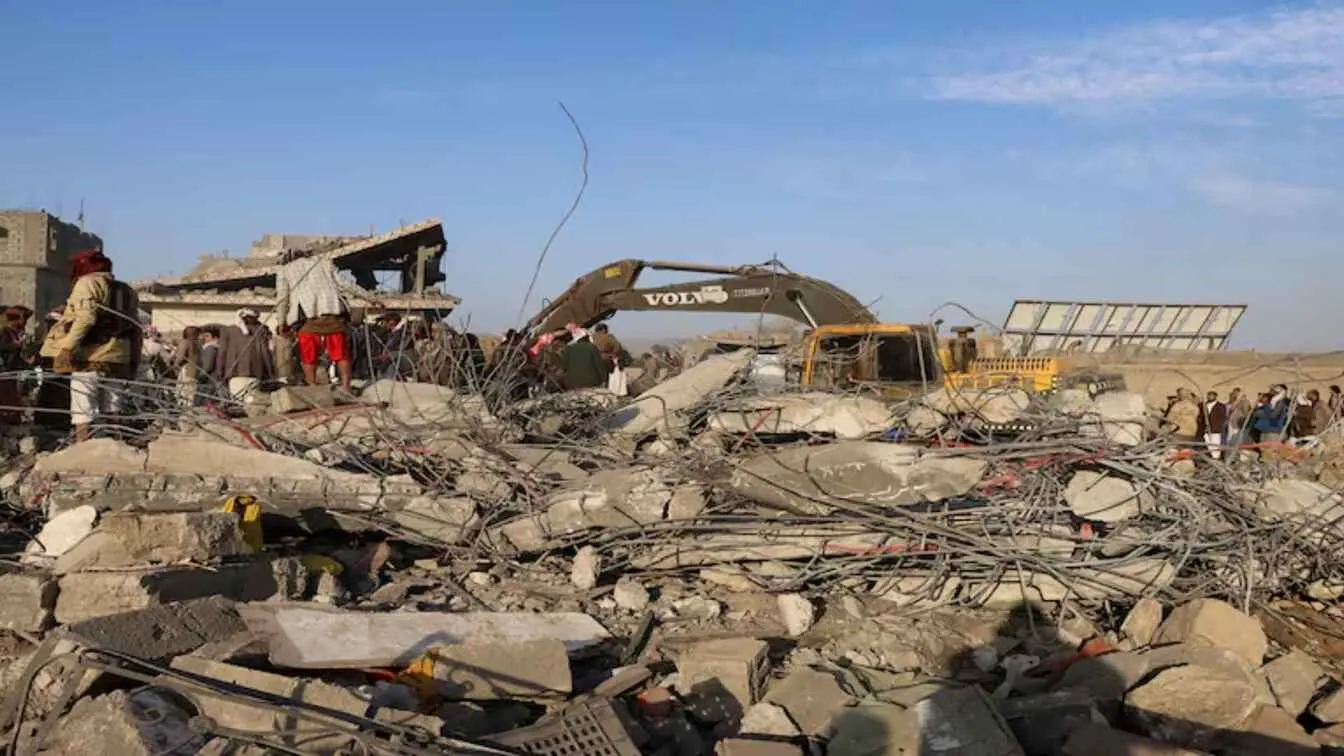In the tranquil hills of Meghalaya, Pyrdwah emerges as a symbol of both serenity and strategic importance. As India’s last village along the Dawki River, Pyrdwah occupies a critical juncture in the ongoing narrative of the India-Bangladesh border. This idyllic location, characterized by its natural beauty and the gentle flow of the Dawki River, serves as a poignant reminder of the complexities inherent in managing an open border without physical barriers.
A Unique and Strategic Locale
Pyrdwah’s position at the end of the India-Bangladesh border presents a confluence of opportunities and challenges. The Dawki River, with its unobstructed flow and lack of barbed wires, forms a natural demarcation between the two countries. While this riverine boundary offers a picturesque backdrop, it simultaneously introduces a layer of complexity in border management. The absence of physical barriers makes Pyrdwah a potential hotspot for cross-border movements, necessitating careful and proactive security measures.
The Border Security Force (BSF), entrusted with the responsibility of safeguarding this sensitive region, plays a pivotal role in maintaining order and security. Local resident Vikaram, reflecting on the current situation, notes the heightened sense of apprehension due to ongoing unrest in Bangladesh. Despite these concerns, the BSF’s vigilant presence provides a crucial layer of reassurance. “We are afraid due to the ongoing unrest in Bangladesh. BSF jawans are guarding the border area and that’s why we are not worried much” Vikaram stated. This sentiment underscores the importance of effective border management in ensuring local safety amidst broader regional uncertainties.
#BangladeshCoup | Indians living near the Bangladesh border have expressed deep concern about the ongoing situation there, stating that they are terrified due to their proximity to the troubled country
Advertisement · Scroll to continueWatch the full telecast only on #NewsXhttps://t.co/Kr6P2OLmrV pic.twitter.com/EVEIHw6OAx
— NewsX World (@NewsX) August 8, 2024
Economic Impact and Trade Disruptions
The geopolitical landscape extends its impact beyond security, affecting the local economy significantly. As per Meghalaya BJP Vice President, ‘border trade is at halt’. He further added that ‘there is nothing to fear, everything is quite peaceful over here.’ The disruption in trade has profound implications for Pyrdwah’s economy, which relies heavily on cross-border transactions.
While the BJP official’s assurance of a peaceful environment offers some comfort, the economic strain on the local community is palpable. The halt in trade activities disrupts traditional livelihoods and economic stability, compounding the challenges faced by residents. Efforts by the local administration and BSF to mitigate the impact of these disruptions are crucial in addressing the economic fallout and ensuring that the community’s needs are met during these trying times.
#BangladeshCoup | In an exclusive conversation with NewsX, the BJP Vice President of Meghalaya discussed the situation in Bangladesh and its potential impact on India and Meghalaya. He stated, “We’ve been very vigilant and keeping a close eye on the borders.”
watch the full… pic.twitter.com/yH7RI6VSK8
— NewsX World (@NewsX) August 8, 2024
Balancing Security with Local Well-being
Pyrdwah’s serene landscape, juxtaposed with its strategic importance, encapsulates the dual challenges of managing security and fostering local well-being. The village’s role as the last point on the Indian side of the Dawki River highlights the delicate balance required to navigate border dynamics. While the natural beauty of Pyrdwah offers a tranquil setting, the realities of border security and economic disruptions demand continuous vigilance and adaptive strategies.
The residents of Pyrdwah, while grappling with the uncertainties of border security and trade disruptions, remain hopeful. Their resilience is a testament to their enduring spirit and the supportive measures in place to ensure their safety and restore economic stability. The intersection of natural beauty and geopolitical significance in Pyrdwah serves as a poignant reminder of the complexities inherent in managing open borders in a dynamic regional context.
In conclusion, Pyrdwah stands as a vital and symbolic location on the India-Bangladesh border. Its position at the end of the Dawki River underscores the challenges of maintaining security and fostering local well-being in a landscape defined by its natural and geopolitical attributes. As Pyrdwah navigates these complexities, it reflects both the beauty and the burden of being the last village on India’s frontier.























